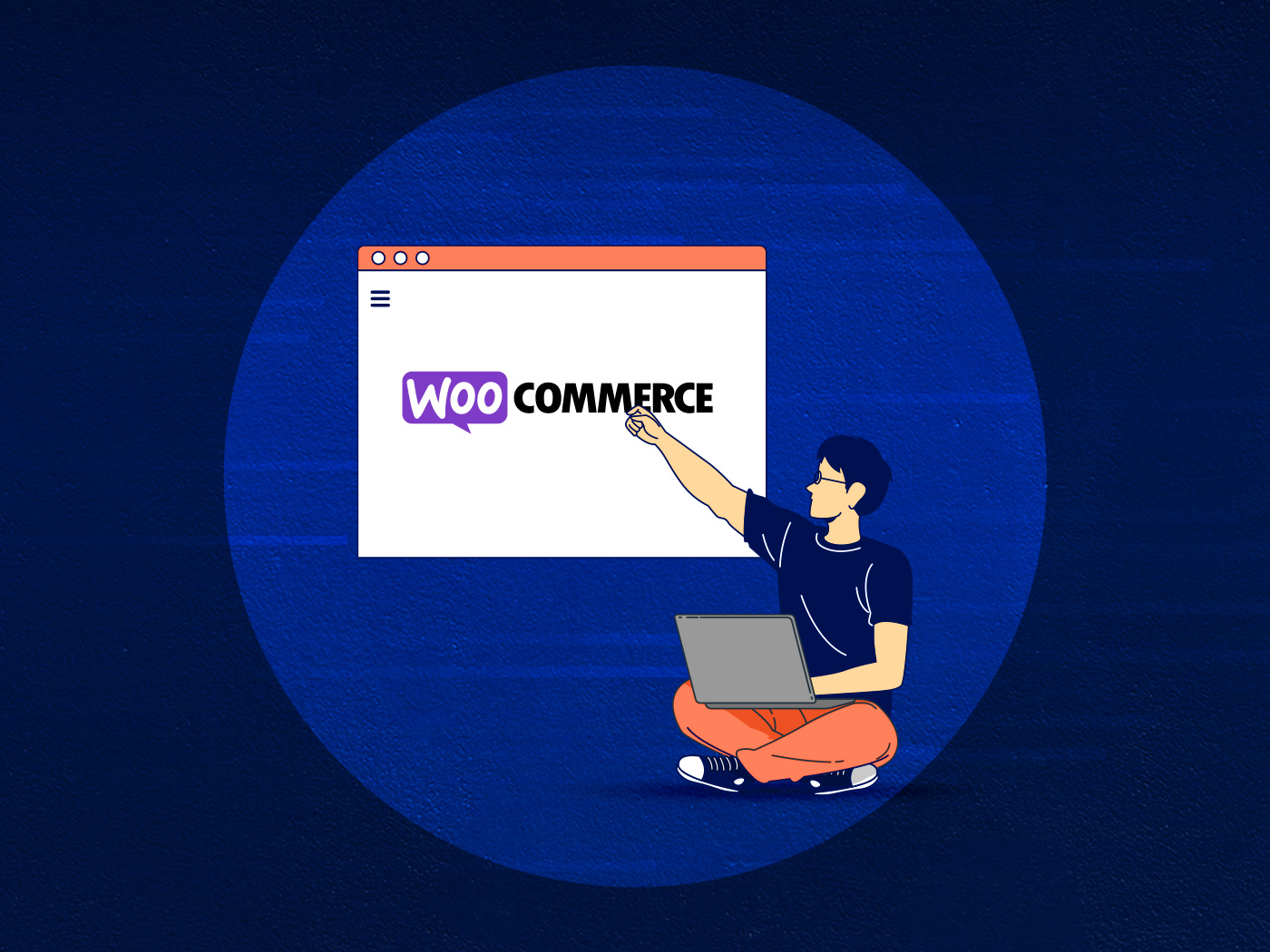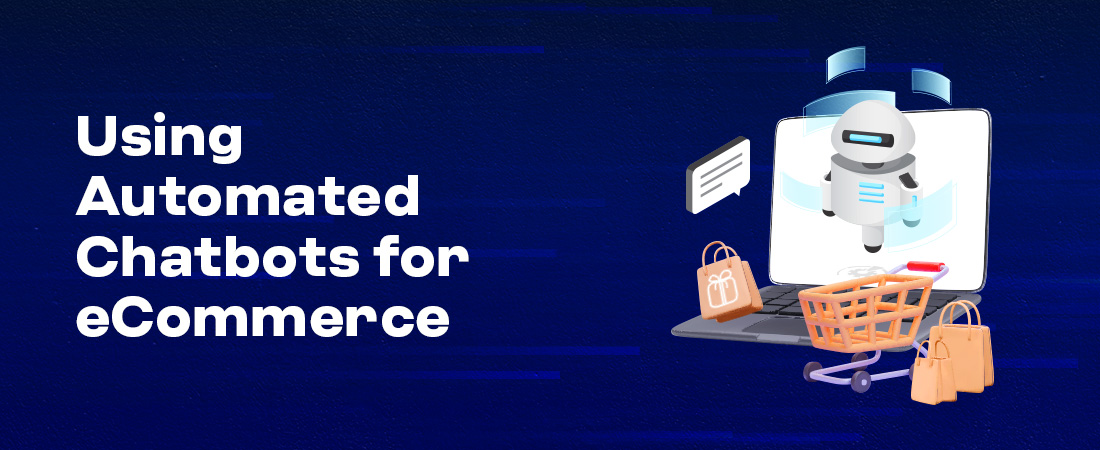 Iain Poulson is a developer, business owner, podcaster, and writer. He works as a Product Manager for Delicious Brains, helps people buy and sell WordPress businesses at FlipWP, runs the WP Trends newsletter, and develops WordPress plugins.
Iain Poulson is a developer, business owner, podcaster, and writer. He works as a Product Manager for Delicious Brains, helps people buy and sell WordPress businesses at FlipWP, runs the WP Trends newsletter, and develops WordPress plugins.
Interview
1. Tell us a little bit about yourself and how you got started with WordPress
I’ve been a developer since 2007 working with C#, .net, and SQL Server but found WordPress and PHP in 2010 and started to build sites for friends and family, and later paying clients. I started WordPress plugin development in 2012 and never looked back. I left my IT contract job in 2013 to continue to build free and premium plugins, and began to take on more freelance WordPress roles.
In 2014 I started working with Delicious Brains on their premium plugins and I’ve been there ever since, alongside running my own plugins and starting numerous side projects.
2. One of the many projects you’re involved with is WP Trends. What is it about and why did you launch it?
WP Trends is a monthly newsletter providing WordPress market insights, trends, and acquisition opportunities. Every month I give commentary on what’s been happening in the WordPress ecosystem from a business perspective, deep dive into trends and analysis about things like plugins on the wordpress.org repository, and keep people up to date on any WordPress businesses for sale.
It started when I was running Plugin Rank, I was tweeting and blogging about topics that would help WordPress business owners, specifically plugin developers and plugin shops. I was chatting to Cory Miller from Post Status and it sparked the idea of starting a newsletter about WordPress trends – using the Plugin Rank database as a great source of trend analysis and insights about the WordPress plugin ecosystem, as well as commenting on acquisition happenings in the marketplace and surfacing new acquisition opportunities.
3. It feels like there is a major acquisition every week. Why do you think this is the case and what does it mean for the WordPress community?
It certainly has been a busy year for acquisitions in WordPress. There’s a few reasons why the speed and size of acquisitions have increased.
Alongside the uncertainty of the global pandemic, there are a lot of WordPress companies who have been around for a long time and have reached the size where it makes them attractive to bigger companies, and a size where the founders are perhaps tired, or looking for the next opportunity. Matching that with some very large (hosting) companies, with deep pockets, looking to strengthen their offering to their customers with plugins, has resulted in some very large deals being done.
That then has a knock-on effect down the ecosystem. Small to medium sized plugin companies are seeing these big acquisitions happen and start to contemplate a sale. And there are a large number of potential buyers who realise the potential further growth in WordPress as a whole and view existing plugins and WordPress products that are generating good revenue as a valuable alternative to trying to start something new from scratch.
4. You recently launched FlipWP, a market place to buy and sell WordPress businesses. What have you learned about WordPress businesses by helping facilitate their sales?
FlipWP was a reaction to seeing the demand from both sides of the coin in WordPress – buyers want products and founders are keen to sell, but they both aren’t served by a dedicated marketplace.
Alex Denning (my co-founder) and I have learnt a lot! There are so many WordPress businesses out there, some in niches and areas that are significantly underserved where products are doing well. We’ve made some great connections and it’s been good to see deals being done and FlipWP working for both sides of the market.
5. What advice would you give to someone who wants to launch, grow and sell a WordPress business?
In a nutshell – go for it!
As a follow up, I think it’s really important to understand the problem your product/business is going to solve. Don’t just build something that solves a theoretical problem. If you have the problem yourself, and you can scratch your own itch by building something that will help you, then that is a great place to start. The worst case scenario is that you solve your own problem, but the chances are many have the same problem.
6. What’s your view on Gutenberg and Full Site Editing? Do you agree with Paul Lacey’s take that ‘Gutenberg has divided WordPress’?
I’m still not a fan of the writing experience in the Block Editor and I’m very far off using Blocks to design a site. I do agree in parts and sympathise with what Paul says in that post, but I also feel like I have to sit somewhere on top of that divide. Personally, it’s not for me and I was an early doubting voice over Gutenberg and how it was (steam) rolled into core, but from a product perspective it’s necessary for me to embrace it. For my own products and those I manage at Delicious Brains – Gutenberg and Full Site Editing can’t be ignored and have to be embraced.


